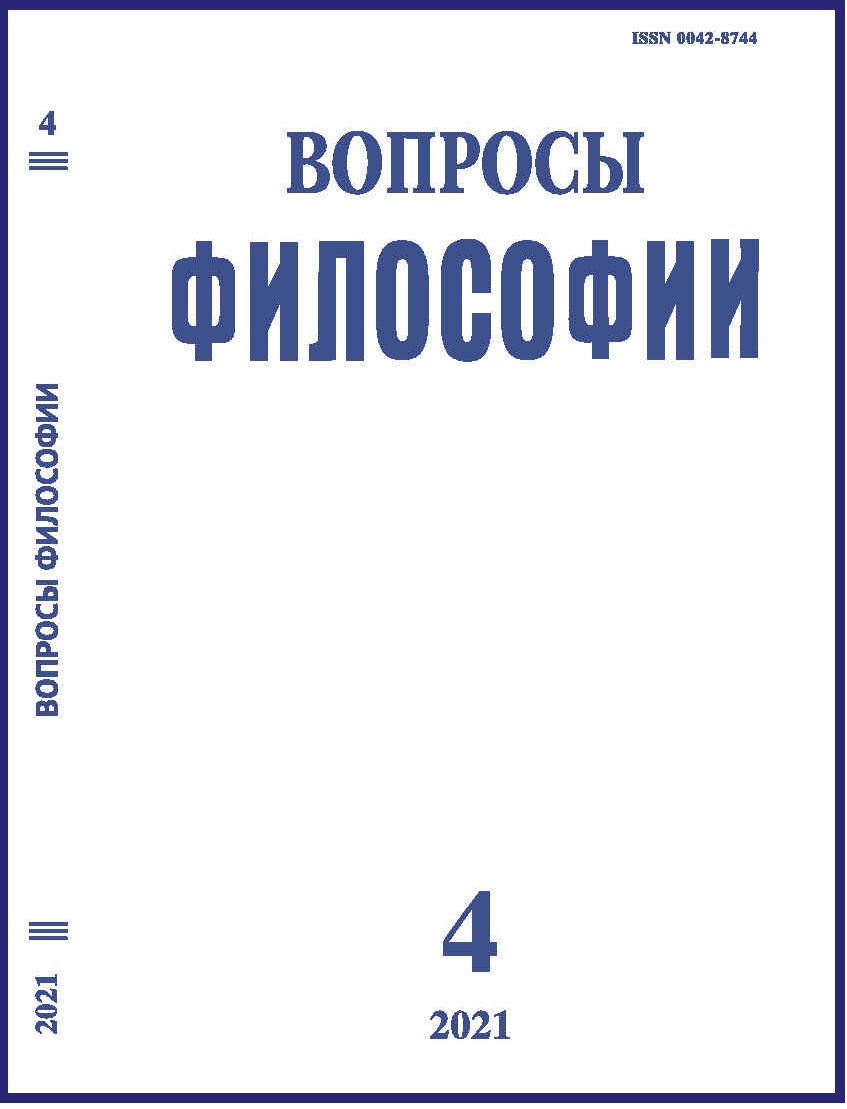The Worldview of the 18th–19th Centuries. Alexander von Humboldt and Carl Friedrich Gauss (Based on D. Kehlmann’s Novel Measuring the World)
DOI:
https://doi.org/10.21146/10.21146/0042-8744-2021-4-39-43Keywords:
rationalism, measurability of reality, Cartesianism, irrationalism, freedom, fortuity, probability, Alexander von Humboldt, Carl Friedrich Gauss, Immanuel Kant.Abstract
The article examines the worldview of the 18th–19th centuries developed by three contemporaries. The philosophy of Immanuel Kant is placed at the center of the worldview, in relation to which the views of Alexander von Humboldt represent a return to Cartesianism, and the views of Carl Friedrich Gauss – an appeal to the future, to the theory of relativity of space and time. I. Kant taught that Euclidean space is, as the critique of pure reason asserts, the form of our contemplation, prescribed to every possible experience. For Humboldt, the world is fully measurable within three-dimensional Euclidean space. Gauss, on the other hand, thinks of Kant further, theoretically admitting and mathematically calculating the various possibilities of conceivability of space, thus the world for him is more relative, fiction, or a beautiful dream. Space is folded, curved and very strange. Cartesianism and the relativism of both scientists also extend to their ethical concepts: for Humboldt, man is a machine of “highest skill” designed to serve humanistic goals; for Gauss, human behavior admits of accidents and exceptions, although it did not reach the proper rationality and does not deserve attention, but yet, genius is possible. The personal characteristics of both scientists, as well as the connection with their epoch are revealed. Humboldt appears as a humanist, and Gauss as a misanthrope. It is concluded that the worldview is not one-dimensional, but includes the past, present, future of science, and also allows for mystery, chance, mystical elements present in culture.

